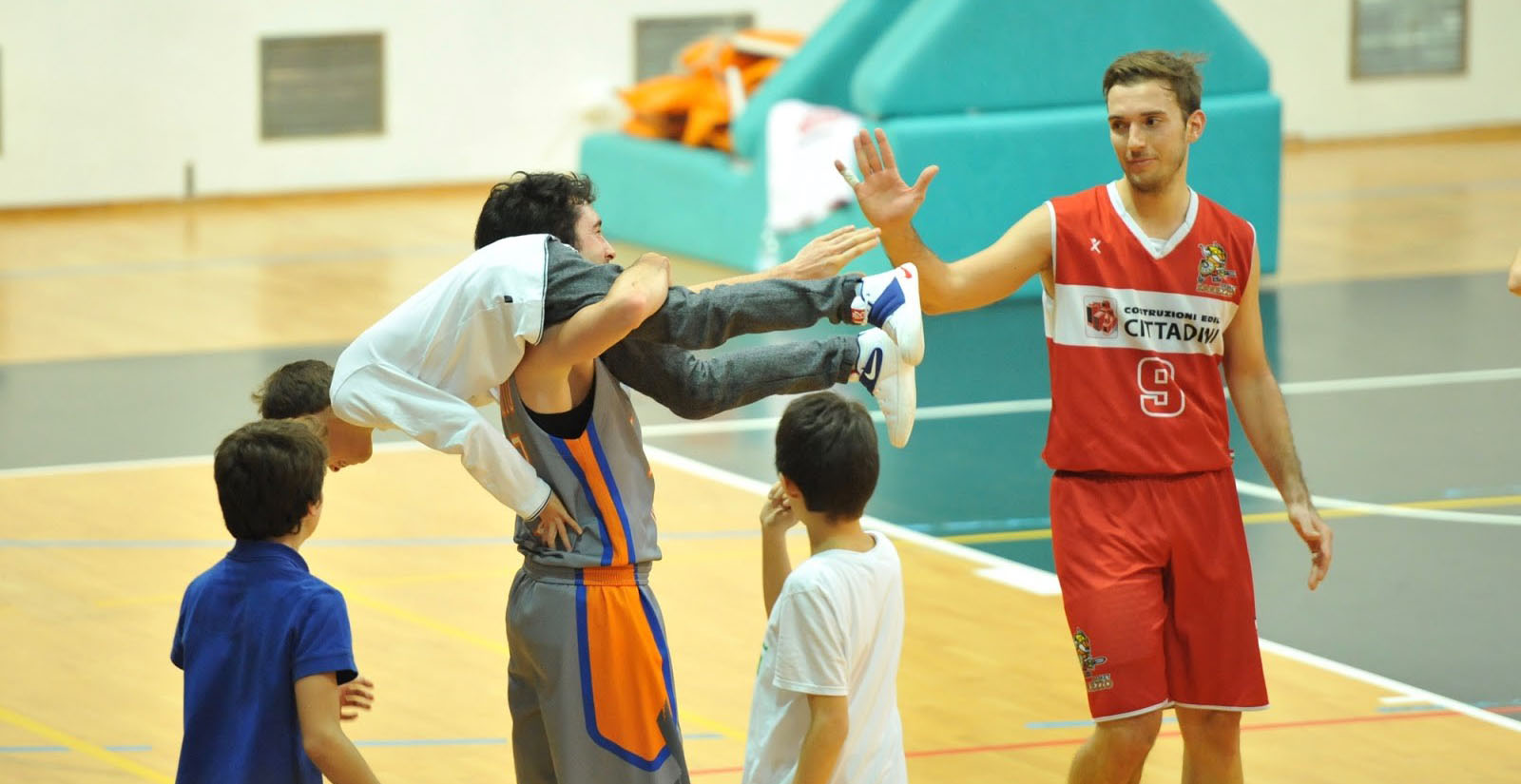
It is important to ask what are the values and ideals that should animate the sport and on which principles to base the rules. It is not easy, because the sports competition, in how many, has its own rules, and the term “competition” itself means competing, confronting and competing with others, so I respect the “opponent” but always manage to overcome it and overcome it respecting a sporting ethic.
Beppe Bergomi, a great defender of Inter, said: “the enemies of football are many: the worst evil, the most dangerous is the lack of a culture of defeat. The world that revolves around football risks stifling this game “
The new ethics of sport tends to give concrete answers to a fundamental question:
“Why live the sporting world correctly rather than wrongly?”
There are various answers to this:
• I play correctly because the game brings me material benefits (utilitarianism);
• I play correctly because I have accepted the existing rules (traditionalism);
• I play correctly because I have chosen the rules with my group and for this I have to respect them (contractualism);
• I play correctly because only through it do I perfect my being (ethical – social conception).
Therefore concluding ethics should have a leading role in society and in this case also in sport. It is not always easy to establish what is right and what is wrong, but it is important to try, be in good faith, try to reach the goal and the final result by respecting the rules, avoiding the use of illegal practices and behaviors ( doping, verbal and physical violence, impropriety, racism on the pitch and in the stands, etc.) aiming instead at achieving the unwritten rule dictated by a code of honor called “FAIR PLAY”.
FAIR PLAY RULES:
- Play to have fun.
- Playing with loyalty.
- Stick to the rules of the game.
- Bring respect to teammates, opponents, referees and spectators.
- Accept defeat with dignity.
- Reject corruption, doping, racism, violence and anything that could harm sport.
- Make lots of matches to give the takings to those who need them.
- Help others resist corruption attempts.
- Denounce those who try to discredit the sport.
- Honoring those who defend the good reputation of the sport.
So who does it touch?
It is up to adults, to those who are willing to commit themselves firsthand, to become credible, counter-current witnesses, tireless in seeking alternative lifestyles to illegality, seeing new paths, strategies, methods, new and correct teaching methods. We must try to show young people positive values and behaviors, propose challenging yet rewarding and achievable models, and make them understand that only through continuous and constant work can they be achieved.
It is up to educators, parents, teachers, coaches, many of whom in the daily life without reflectors make children see the other side of sport: commitment, discipline, rigor, aimed at giving the best of themselves; ability to cooperate, regulated and fair competition that never considers the adversary as an enemy with the ability to accept defeat and from it to restart to improve.
Before leaving the floor to my former athletes, managers, instructors and coaches who have lived and shared these principles with me, I conclude with my quote on youth competitions:
“The main purpose of youth sports activity should be to develop the conditions of competitive performance in a subsequent specialization phase, competitions at a young age should be conceived as a means and not as an end.” (coach Betty Lucchini)
